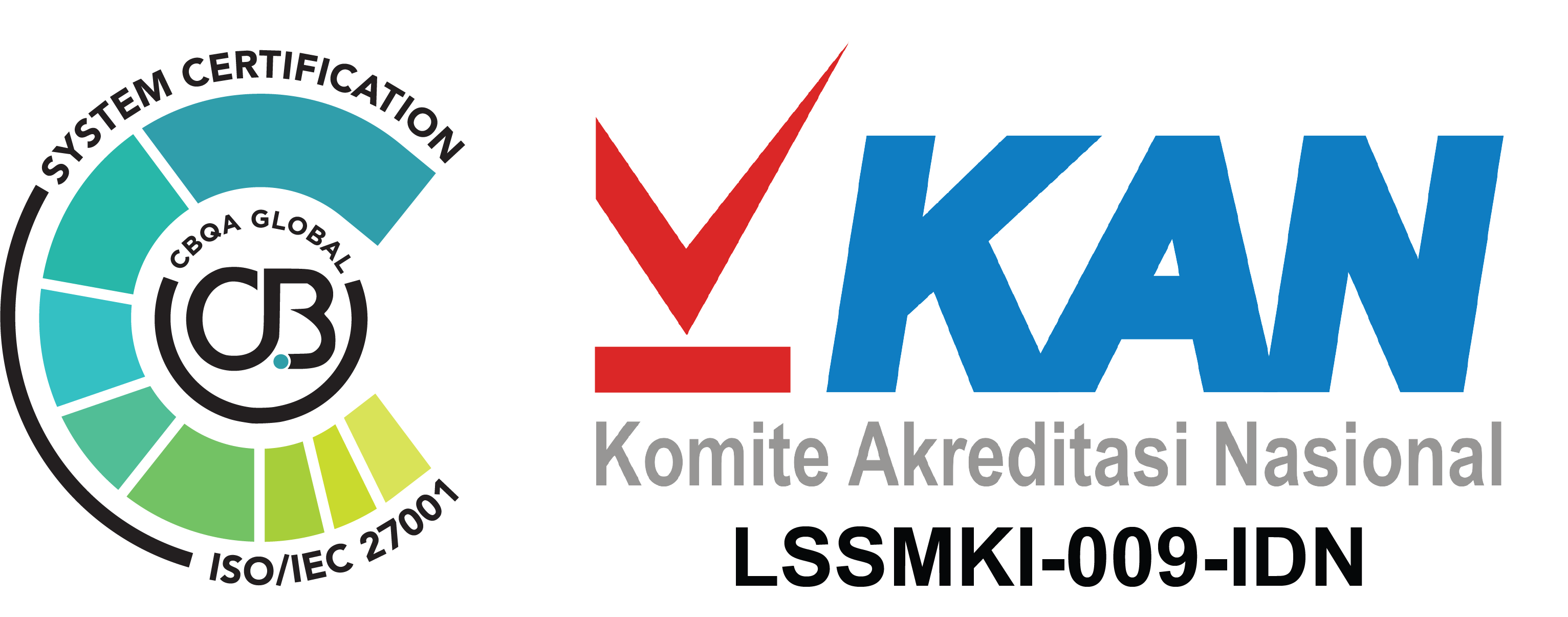-GOVERNMENT BONDS-
September Deflation, the SUN Market Relatively Rises. SUN prices closed mixed with a tendency to strengthen, amidst low inflation. Nearly all government securities recorded lower yields, with the benchmark 10-year SUN dropping 0.6 bps. The steepest yield decline was recorded in SUN with a 15-year tenor, which fell 2.3 bps. Meanwhile, the lowest yield decline was on the benchmark 20-year SUN, which fell 0.2 bps. The selective buying action for SUN occurred after the Central Statistics Agency (BPS) reported that Indonesia’s consumer price index (CPI) for September was at a deflation level of -0.05% MoM. This would be the third deflation in three consecutive months, or deflation throughout 3Q20. Meanwhile, annual inflation stood at 1.42%, with calendar year inflation at 0.89% YtD. Deflation in the last three months indicates low public consumption. A number of people relatively choose to save rather than consume. For the record, low inflation makes bonds more attractive because they provide higher real returns.
-CORPORATE BONDS-
Corporate Bonds with a Maturity of IDR 11.35 Trillion. There are 7 debt securities rated idAAA, 2 debt securities rated idAA-, 1 debt note rated idA +, and 5 debt notes rated idA. Furthermore, one debt security is rated idBBB and the rest has no rating. Meanwhile, until September 30, 2020, Pefindo has received the mandate to rank corporate debt securities worth IDR 39.6 trillion. Meanwhile, around IDR 30 trillion of the mandate is believed to be realized in 4Q20. Meanwhile, the value of corporate bond issuance in the July – September 2020 period of IDR 37.73 trillion was the highest compared to the two previous quarters. In 1Q20, the total value of bond and sukuk issuance on the stock exchange was IDR 12.56 trillion and IDR 15.14 trillion in 2Q20. As of September 25, 2020, the total issuance of corporate debt securities on the IDX has reached IDR 65.43 trillion issued by 53 companies. (Indonesian Business)
-MACROECONOMY-
September Manufacturing PMI fell to 47.2. The results of the IHS Markit Purchasing Managers Index (PMI) Indonesian Manufacturing survey showed that the manufacturing industry in Indonesia declined again from August 2020. The Indonesian Manufacturing Purchasing Managers’ IndexTM (PMITM) from IHS Markit decreased by four points from the previous level of 50.8 in August to 47.2 in September 2020. This decrease was due to the re-implementation of Large-Scale Social Restrictions (PSBB) in Jakarta which affected Indonesia’s manufacturing activities during September. As a result, companies have to increase their efforts to reduce capacity and additional costs in line with decreasing purchasing activity, decreasing investment and adjusting inflation. Meanwhile, the PSBB which was reinstated also had an adverse impact on sales and manufacturing production. The Indonesian Manufacturing Index, which had improved in August 2020, finally had to worsen again in September 2020 due to a sharp drop in demand. (Cash)
-RECOMMENDATION-
High Real Return Supports the Weekend Market. Successive deflation in Indonesia has made domestic bonds attractive again, as they offer a high level of real return. On the other hand, this deflation also has the opportunity to make BI lower the BI 7-DRRR benchmark interest rate again. Yesterday, the rupiah exchange rate closed up 0.3% to IDR 14,835 / USD. The BI middle rate also strengthened, by 0.28% to the level of IDR 14,876 / USD. Investors can again pay attention to the short tenors FR0086 and FR0087. The short tenor liquidity factor is important, amidst the current volatility of the bond market. Meanwhile, the long tenors FR0083 and FR0076 are currently in demand by foreign investors. A number of market players are interested in long tenors because they offer high yields amid the current low interest rate trend.

